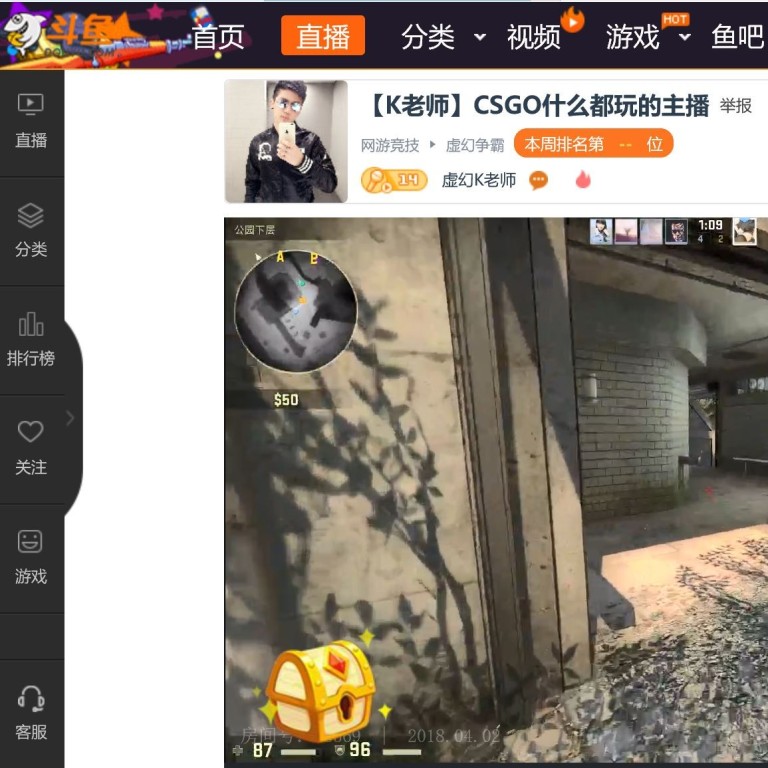
Douyu files for US IPO: How China's answer to Twitch is really not like the US game-streaming service at all
- Douyu, China’s biggest video game live streaming platform, plans to raise up to US$500 million in US listing
Douyu International Holdings Limited, China’s biggest gaming-focused live streaming platform, has filed to go public in the US as it seeks to fund efforts to gain more eyeballs from the country’s younger generation.
Douyu booked US$531.5 million in net revenue for 2018, up 94 per cent year on year, thanks in large part to its 6 million paying users. Its net loss widened from 2017’s US$91 million to US$127 million during the same period. Overall, Douyu has attracted nearly 160 million monthly active users across its platforms, compared with Huya’s 120 million.
While Douyu has often been dubbed “China’s Twitch”, a closer examination reveals the Wuhan-based company’s business model is actually quite different to the Amazon-owned game streaming service.
For one thing, Douyu’s revenue stream is highly dependent on its users, who buy virtual gifts ranging from toy rockets to fish balls to tip their favourite streamers. In 2018, live streaming revenue kept growing to contribute 86 per cent of Douyu’s total net revenue for the year, according to its IPO prospectus.
San Fransico-based Twitch, owned by e-commerce giant Amazon, makes money through various channels including tipping, subscription and advertising. In 2017, ads generated 58 per cent of the platform’s gaming video content revenue, according to an estimate by research firm SuperData.
In 2018 Twitch set a US$1 billion target for ad revenue, Bloomberg reported last August, citing unnamed company sources. By comparison, Douyu booked a mere US$74 million in ad revenue last year, according to its prospectus.
Douyu’s reliance on virtual-gift sales means it has to keep top gamers streaming on the platform so that their fans will tip them – one of the risk factors the company noted in the IPO filing. This issue has in the past led to large paychecks for Douyu’s exclusive streamers, which in part explains the company’s US$147 million operating costs in 2018, which more than doubled from two years ago.
While Twitch has the full backing of Amazon, Douyu’s relationship with Tencent appears more nuanced. “Tencent has in the past invested in, and may in the future continue to invest in our direct or indirect competitors, including companies such as Huya,” Douyu said in the prospectus.
Tencent has put more than US$1 billion into China’s top two game streaming networks over the past year. Besides having a 40 per cent stake in Douyu, the Shenzhen-based company also holds a 35 per cent stake in Huya and retains the right to increase its stake to more than 50 per cent between March 2020 and March 2021.
Unlike Douyu, Huya is now consistently profitable – the Guangzhou-based company recorded US$14.5 million in net profit for in the fourth quarter of 2018.
Last month Shanghai-based Panda TV – which at one time was China’s No. 3 game streaming network – shut down its server after failing to raise fresh funds to keep operations going.
That effectively handed Tencent dominance in the country’s live game-streaming market, which is about 5 times the size of the US market in terms of active users, according to iResearch.
In addition to backing Douyu and Huya, Tencent launched its own streaming service eGame in 2016, which ranked just behind Panda TV in terms of daily active users in December, according to data firm Jiguang.

